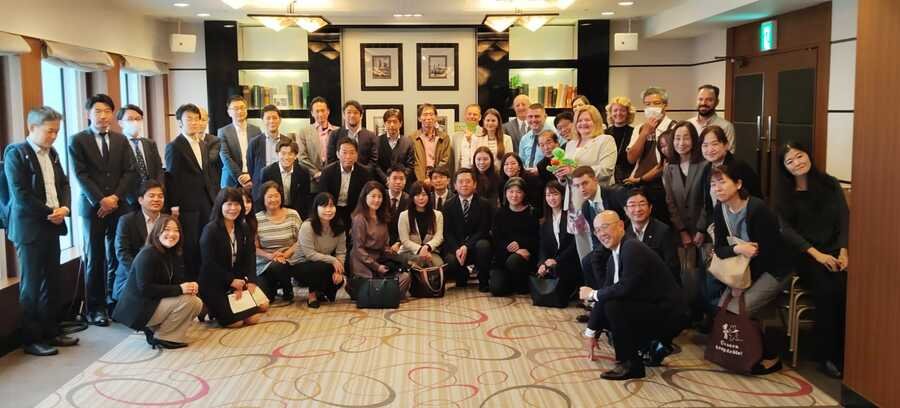Title: Cambodia’s Tourism Strategy Shines at ASEAN Tourism Forum 2024
Introduction
Cambodia, a captivating Southeast Asian nation, recently took center stage at the ASEAN Tourism Forum 2024, showcasing its innovative and sustainable tourism strategies. As a member of the Association of Southeast Asian Nations (ASEAN), Cambodia has consistently emphasized the importance of tourism in its economic development. The forum provided an excellent platform for the country to demonstrate its commitment to promoting tourism while ensuring environmental conservation and cultural preservation.
Sustainable Tourism: A Key Pillar of Cambodia’s Strategy
Cambodia’s tourism strategy revolves around the concept of sustainable tourism, which aims to minimize the negative impact on the environment, preserve cultural heritage, and promote social and economic benefits for local communities. At the ASEAN Tourism Forum, Cambodia presented various initiatives that exemplify this approach, including responsible tourism practices, community-based tourism, and eco-tourism projects.
Responsible Tourism Practices
Cambodia recognizes the significance of responsible tourism in preserving its natural resources and minimizing pollution. Efforts are underway to educate tourists about the importance of respecting local customs and traditions, reducing waste, and conserving energy and water resources. The country is also focused on training its tourism workforce to ensure they have the necessary skills and knowledge to promote responsible tourism practices.
Community-Based Tourism
Community-based tourism initiatives play a vital role in Cambodia’s tourism strategy. By involving local communities in the tourism industry, the country aims to empower them economically and promote cultural exchange. Through homestays, cultural workshops, and guided tours, tourists have the opportunity to immerse themselves in the authentic Cambodian way of life, while simultaneously supporting the local economy.
Eco-Tourism Projects
Cambodia boasts a wealth of natural wonders, including lush jungles, pristine coastlines, and diverse wildlife. To protect these invaluable assets, eco-tourism projects have been implemented across the country. These projects encourage visitors to explore Cambodia’s natural beauty while simultaneously raising awareness about the importance of conservation. Ecological tours, nature reserves, and wildlife sanctuaries have been established to safeguard Cambodia’s unique biodiversity.
Infrastructure Development and Connectivity
In addition to sustainable tourism strategies, Cambodia is also investing in infrastructure development and connectivity to enhance its tourism industry. The country recognizes the importance of accessibility and convenience for tourists, and as such, is working on improving transportation networks, expanding airports, and enhancing digital connectivity. These efforts aim to attract more visitors and facilitate seamless travel experiences throughout Cambodia.
Promoting Cultural Heritage
Cambodia’s rich cultural heritage is a major draw for tourists. The country recognizes the importance of preserving and promoting its historical sites, such as the iconic Angkor Wat temple complex. At the ASEAN Tourism Forum, Cambodia highlighted its commitment to conserving these cultural treasures through heritage preservation programs, responsible tourism practices, and partnerships with international organizations.
Conclusion
Cambodia’s tourism strategy at the ASEAN Tourism Forum 2024 showcased the country’s dedication to sustainable tourism, community empowerment, and cultural preservation. By emphasizing responsible tourism practices and implementing eco-friendly initiatives, Cambodia aims to ensure that its tourism industry contributes to the nation’s development while safeguarding its natural and cultural heritage. With ongoing investments in infrastructure and connectivity, Cambodia is well-positioned to attract more tourists and create a positive impact on its economy and society.





